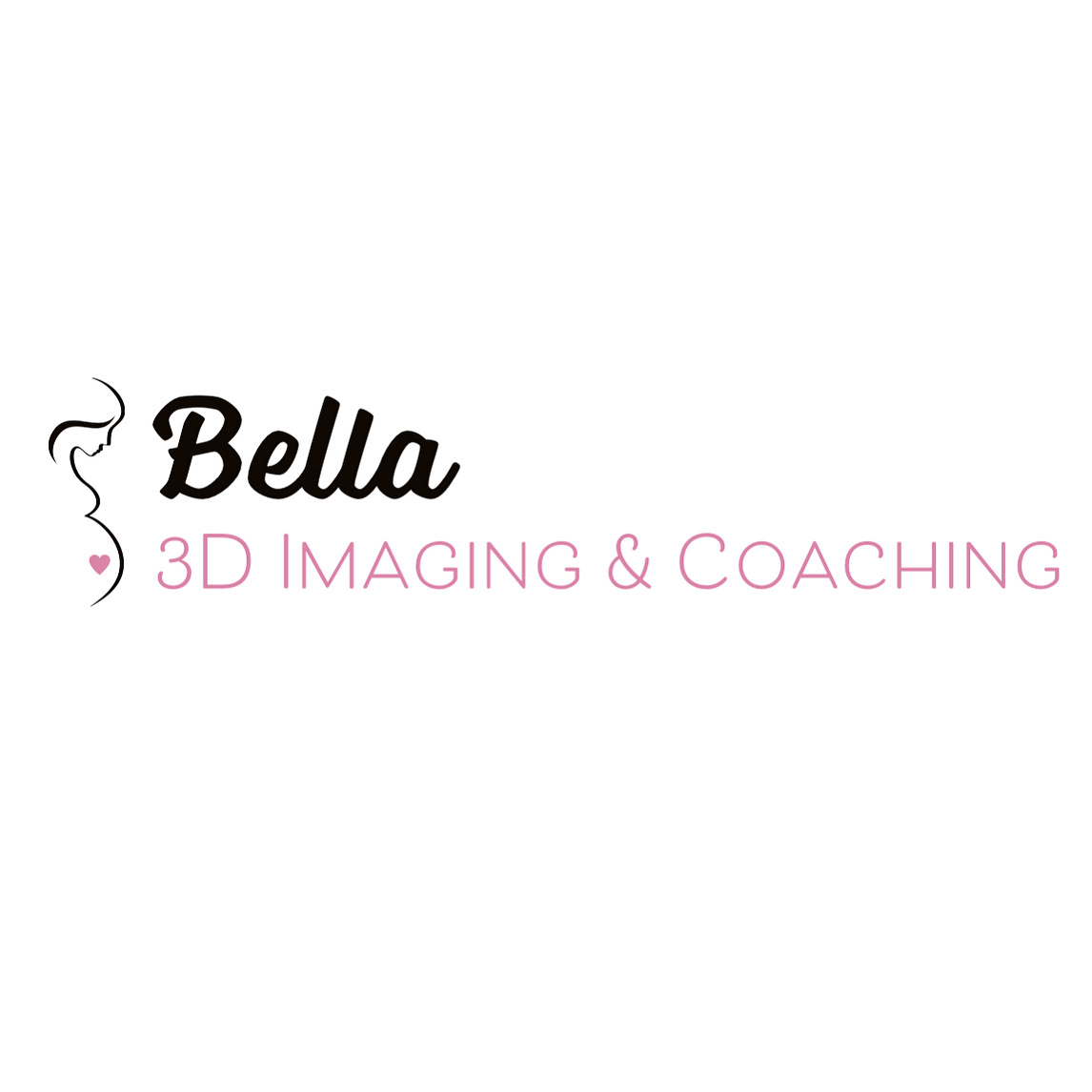Womb Lessons: What Babies Learn Before Birth
- Bella 3D Imaging & Coaching

- Jan 31, 2024
- 2 min read
Prenatal Learning: Understanding What Babies Learn Before Birth

Sensory Development in the Womb
From as early as 16 weeks gestation, fetuses can perceive the world outside the womb through muffled sounds transmitted through the amniotic fluid. Sensory and brain mechanisms for hearing are developed by 30 weeks of gestational age, allowing the fetus to become more responsive to auditory stimulation. Additionally, habituation responses, which indicate the ability to learn and adapt to repeated stimuli, have been observed as early as 22-23 weeks gestation, with females showing earlier responses compared to males.
Language and Auditory Learning
During the last 10 weeks of pregnancy, unborn babies can listen to their mother's speech, and within hours of birth, they can differentiate between sounds from their native language and a foreign language. Research has shown that the vowel sounds in the mother's speech are the most prominent units that the fetus latches onto. This early exposure to language plays a crucial role in the infant's language development after birth.
Taste and Olfactory Development
In addition to hearing, fetuses can also learn through taste and olfactory sensations in the womb. There is evidence to suggest that babies can recognize and be soothed by music and voices they heard in the womb after birth, indicating a form of memory retention from the prenatal environment.
Movement and Motor Skills
Fetal movement not only signifies healthy development but also contributes to the refinement of motor skills. Interestingly, a study found that babies with more prenatal exposure to airplane noise slept better than those with less exposure, suggesting a potential link between prenatal auditory experiences and postnatal behavior.
Emotional and Social Development
Prenatal activities such as Taegyo in Korea and Haptonomy in France emphasize the emotional and social development of babies in the womb. While the scientific evidence for the direct impact of these activities on prenatal learning is limited, they highlight the importance of bonding and emotional connection between the parent and the unborn child.
Importance of Prenatal Learning
Understanding the various aspects of what babies learn before birth is crucial as it highlights the significant role of the prenatal environment in shaping a baby's early experiences. From sensory development to language and emotional connections, the womb environment plays a pivotal role in laying the foundation for a baby's future learning and development.





Comments